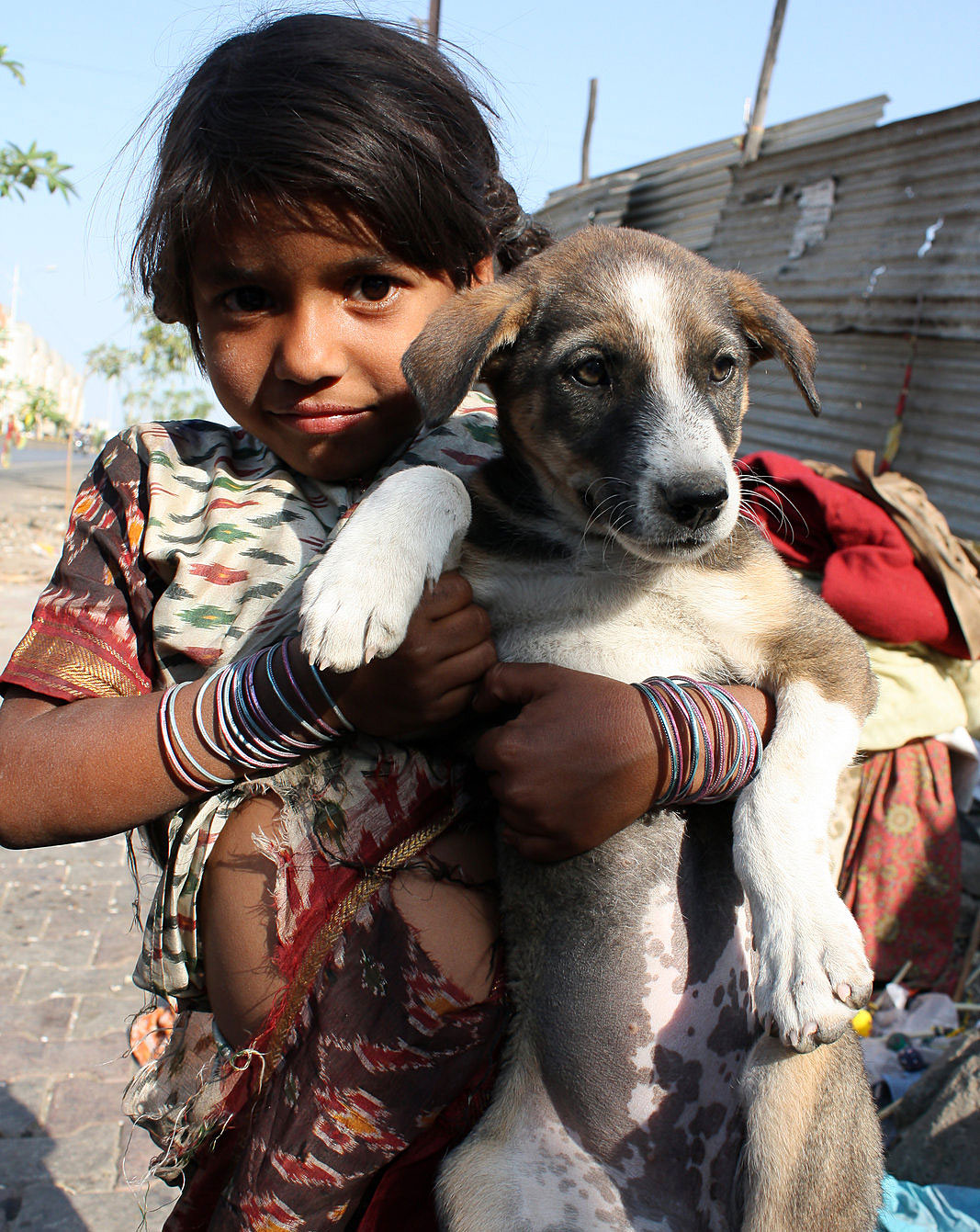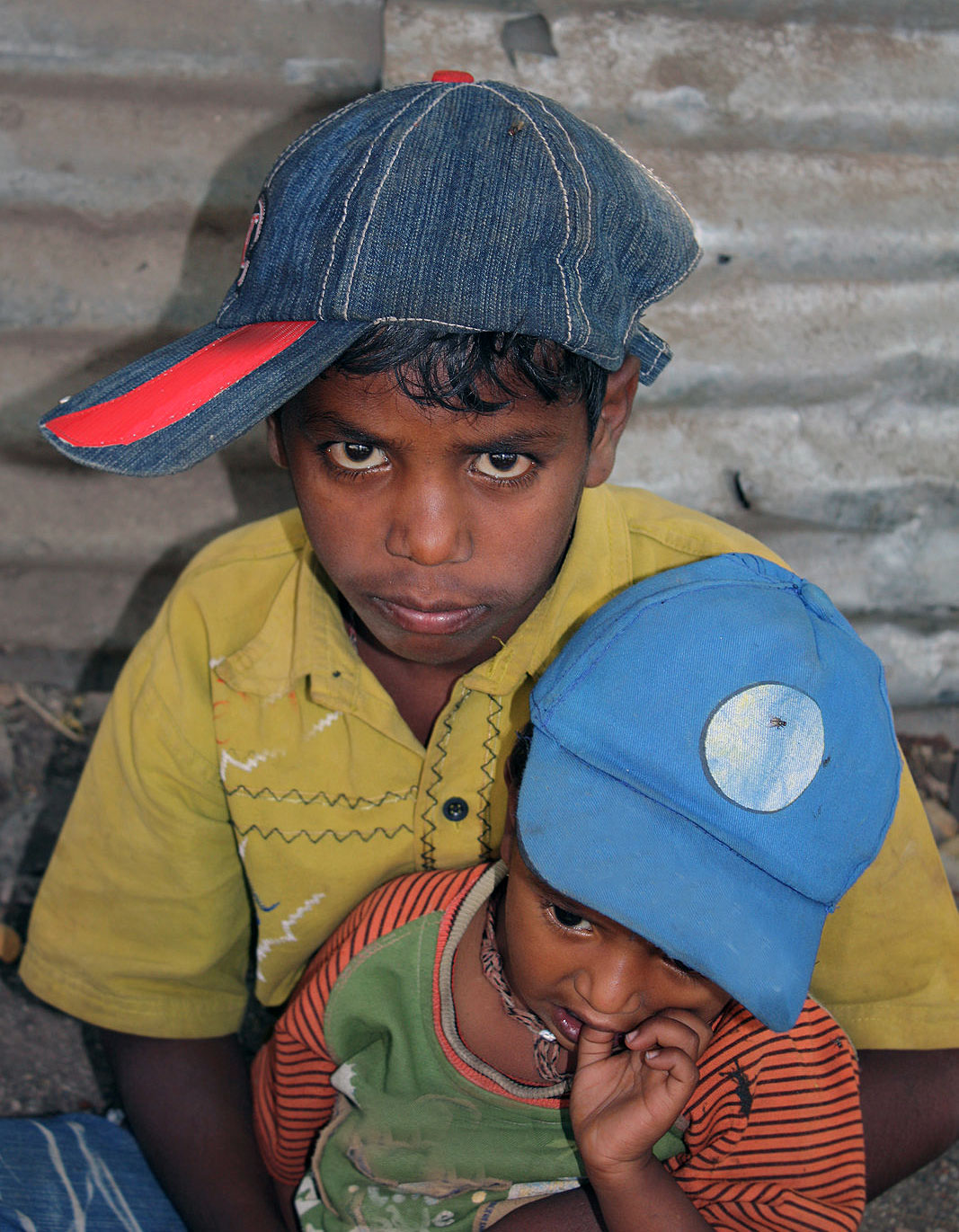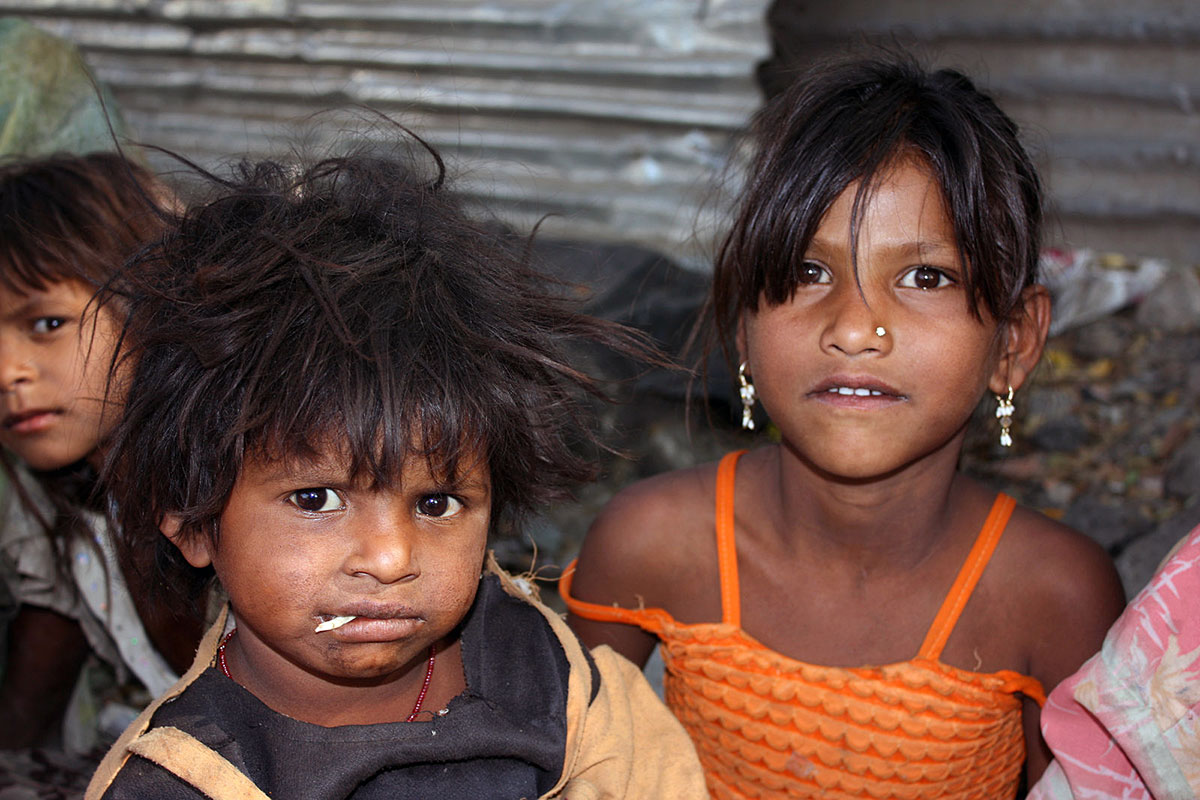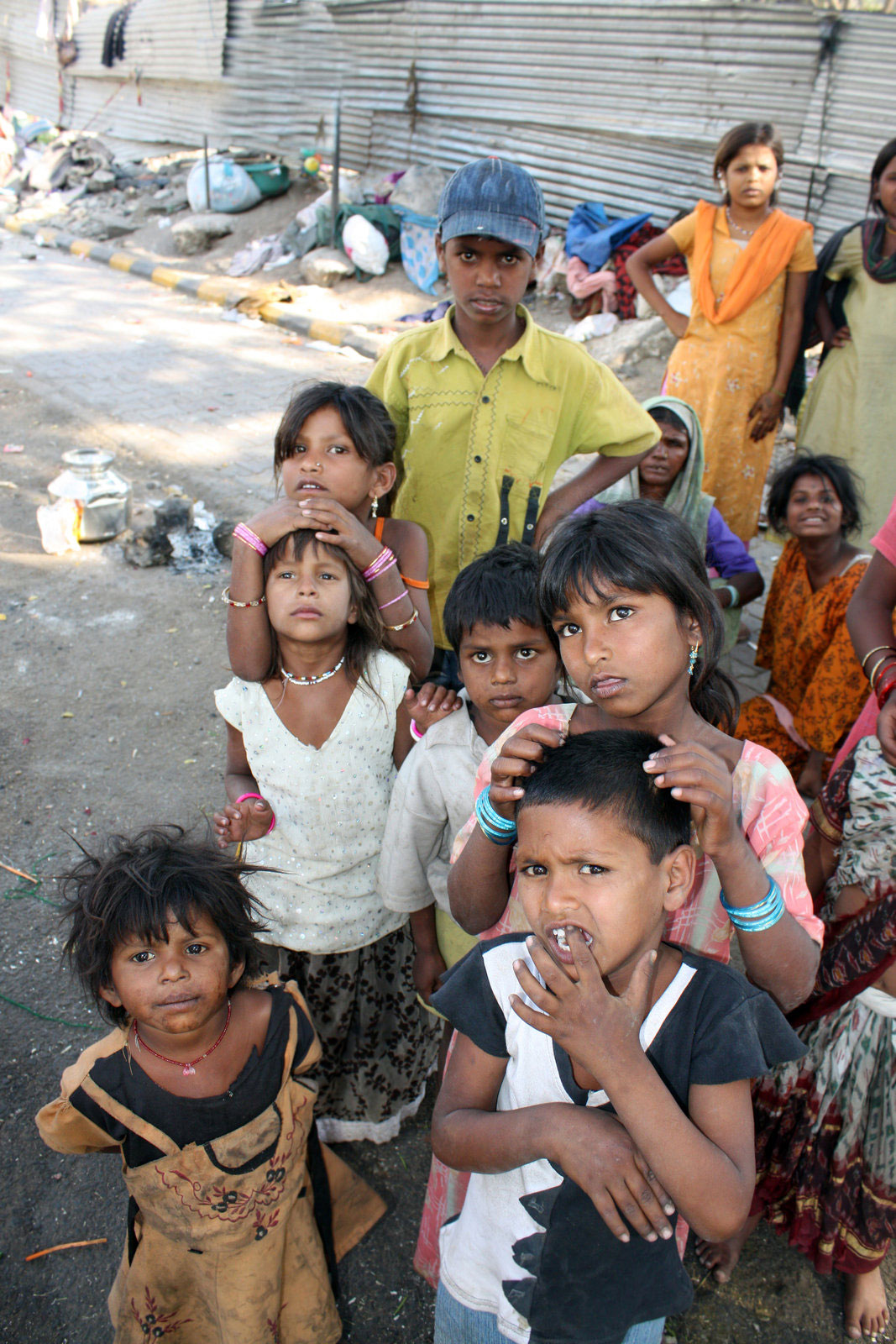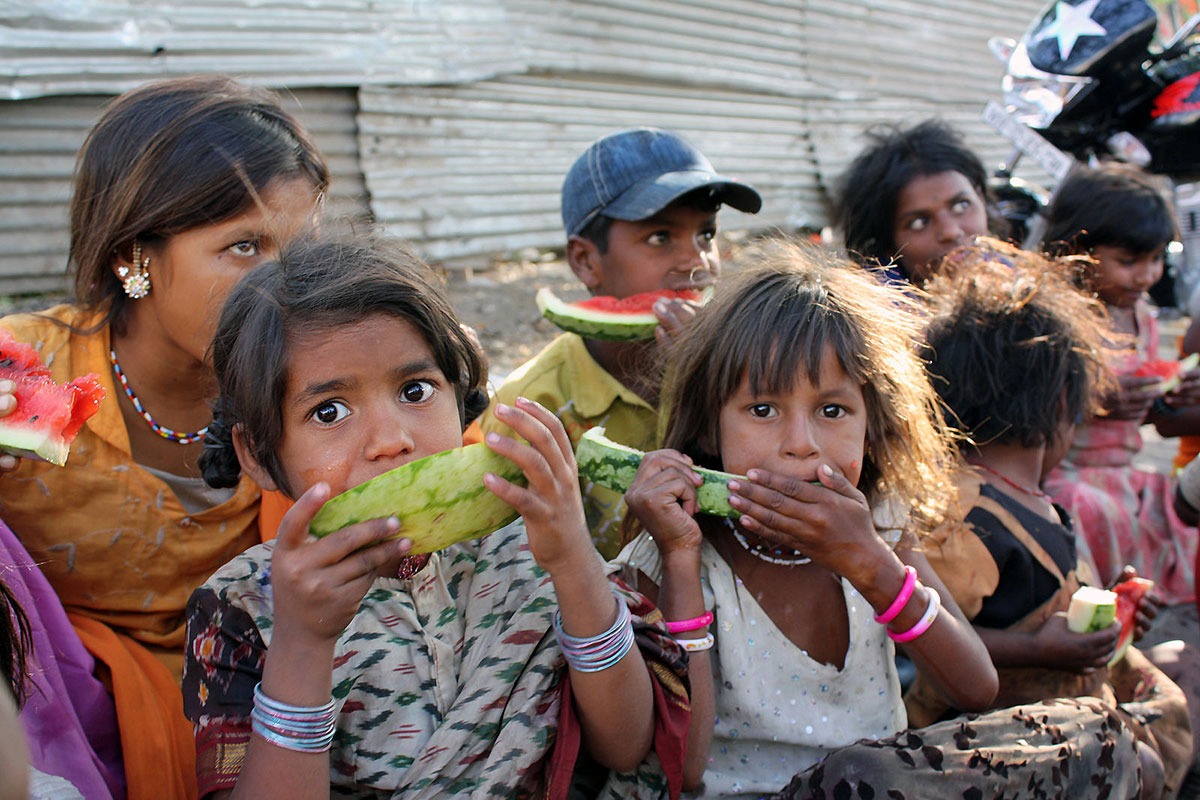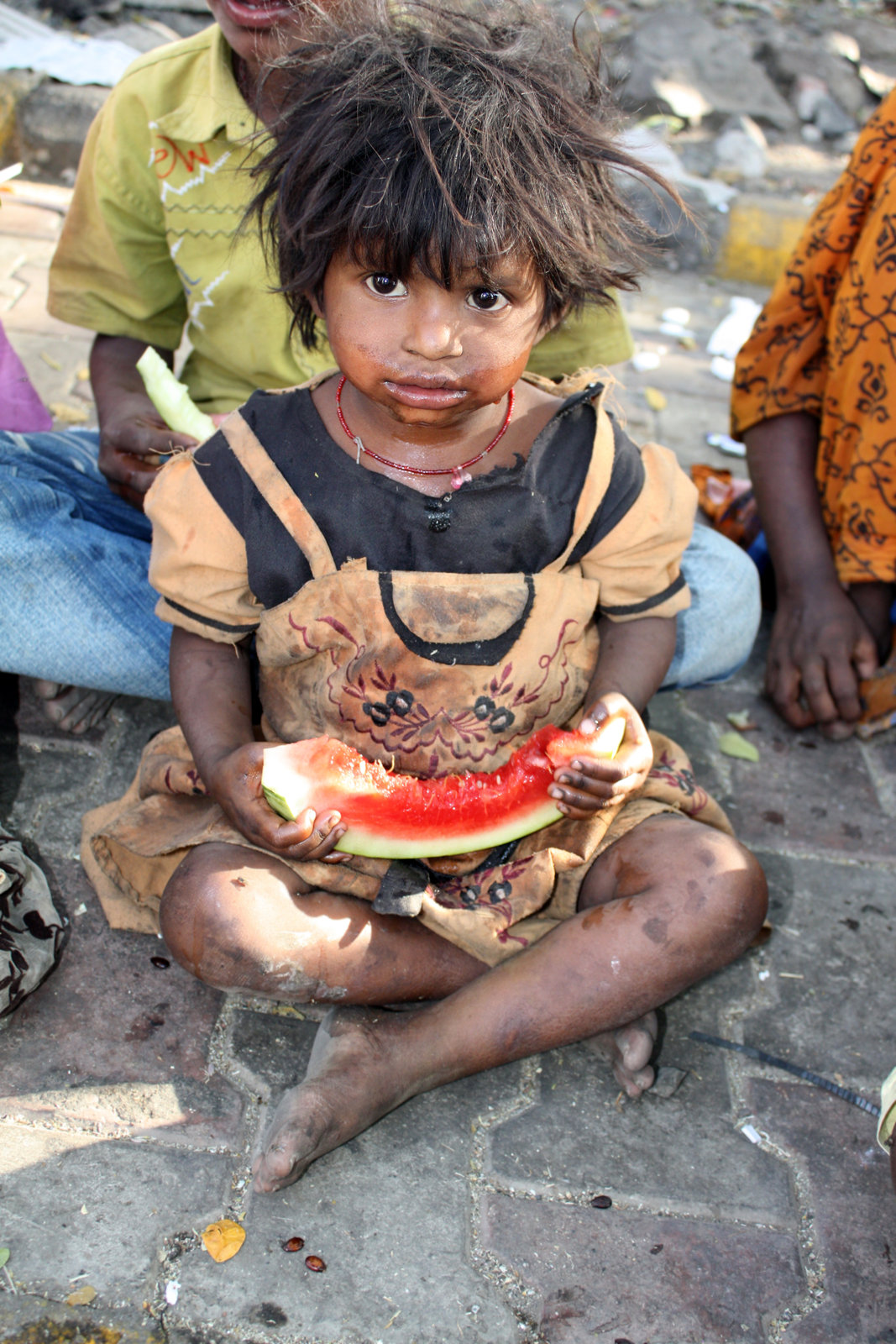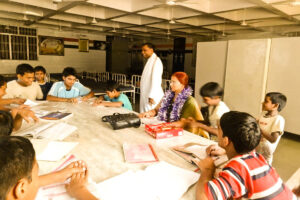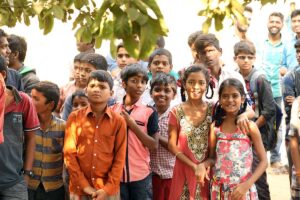No products in the cart.
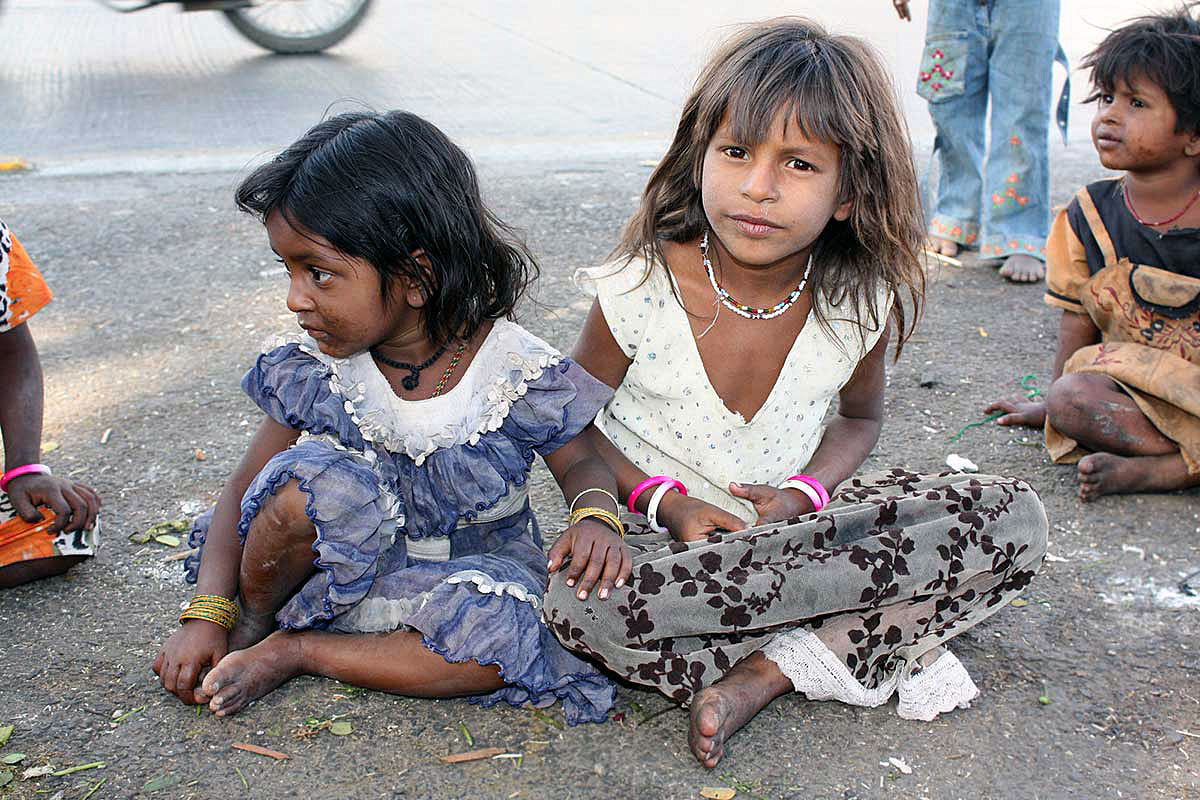
Child Rights
In every society, children are an important social group. Being seen and accepted by others is important for a child’s self-esteem and development. But being part of a small community brings with it certain responsibilities. If you have children, you need to be aware of the impact that having them can have on your neighbours, your family members, friends and extended community. These responsibilities are called child rights. They help ensure that children are given the necessary care and protection required by their age and stage in life. In addition, they provide safeguards against abuse and exploitation of a child. These rights influence how parents raise their children, what type of education they receive, as well as other important topics such as guardianship over younger siblings, participation in extracurricular activities and more. In this blog post we will discuss some of these rights in detail.
What Is Child Rights?
They are a set of moral principles which relates to the legality. The term child rights has its origins in the writings of philosopher and social reformer, John Locke. In his landmark book, An Essay Concerning Human Understanding, Locke argued that human beings have an inherent natural right to their own person or body. This is because Locke believed that each individual had certain inalienable rights such as enjoying life, liberty and security of property. These ideas about have been further developed by other thinkers and commentators since then. In fact, the concept has become so influential that it is now used as a broad term for specific legal protections given to children under different jurisdictions across the world. Laws regarding protection of children vary from country to country depending on local customs and traditions.
What Is Child Rights Law?
The law is a set of moral principles which relate to the legal rights of children. The term has its origins in the writings of philosopher and social reformer, John Locke. In his landmark book, An Essay Concerning Human Understanding, Locke argued that human beings have an inherent natural right to their own person or body. This is because Locke believed that each individual had certain inalienable rights such as enjoying life, liberty and security of property. These ideas have been further developed by other thinkers and commentators since then. In fact, the concept has become so influential that it is now used as a broad term for specific legal protections given to children under different jurisdictions across the world. Laws regarding protection of children vary from country to country depending on local customs and traditions. Finally, this law includes legislation that protects children from abuse or punishment inflicted on them without due process or any form of proper legal authority
Overview of Key Concepts of Child Rights Law
The rights of children are not the same in all countries. According to US law, children have the right to protection from abuse and neglect, as well as rights related to education, health care and child labor. These laws generally protect the child on two principles: the best interest of the child and “the least restrictive environment.” The best interest principle is supposed to be applied by governments when determining what is in a child’s best interests. The “least restrictive environment” principle assures that children are not unnecessarily confined or detained even if they may be in danger. For example, a child who is being abused would most likely be better served by staying at home rather than being placed in a foster home where they could be further abused.
Freedom of speech and expression
This right is a fundamental part of childhood. It enables children to express themselves and create their own ideas, thoughts and opinions. In other words, it provides them with the freedom to speak, listen, read and write freely without fear of censorship access to information.
Freedom from exploitation and abuse
Almost one in five children in the world has been or is a victim of sexual violence, while millions more have experienced physical, psychological or emotional abuse. In many countries, child labour is still widespread and it is estimated that, according to UNESCO, 66 percent of all child labourers worldwide are employed by their family members. This ranges from physical punishment, to neglect and abandonment. In some cases this can even lead to child trafficking and slavery. Another important issue that needs addressing is the lack of education for children. It’s estimated that one in three children around the globe cannot read at a level adequate enough to be successful in school or society overall. What’s worse is that girls often don’t receive as much quality education as boys do for a variety of reasons including social norms which encourage girls to stay at home with their families rather than study abroad or receive college tuition support from parents. It ensure’s that children’s rights are respected and protected throughout their lifetime. These rights help provide the necessary care and protection required by a child’s age and stage in life as well as help prevent abuses from happening.
Prohibited discrimination
The right to protection from discrimination is one of the most important. It prevents a person of any age group from being discriminated against in terms of their physical, psychological or intellectual development. This includes racism, sexism and other biases that can affect how a person is treated by others. It’s not just as simple as saying ‘don’t discriminate’ either. If a person has children, they have to take care of them while also giving them opportunities to grow and learn. They should be able to access the resources they need for this, including education and healthcare.
Right to life
Children are entitled to life. This includes the right to be born, the right to be developmentally and physically healthy, the right to grow old, and the right to die. In addition, children have a right to reach their maximum physical growth potential. That is why it is important that children get proper nutrition, exercise and education. Furthermore, children have a right to protection from abuse by adults or other children. Children also have a right for a dignified living environment. This includes having an adequate amount of food, clothing and appropriate medical care in relation to their age, gender, size and complexity of needs.
Right to freedom from neglect
The right to freedom from neglect is a right that applies to children. It means that no child should be subjected to any kind of force, threat of force, abduction or fraud which may cause mental or physical harm. This includes sexual abuse and exploitation. This right has been enshrined in the United Nations Convention on the Rights of the Child, which protects children under the age of eighteen years . This article discusses how it is important for parents to respect this right by being attentive to their children’s needs and desires as well as providing them with opportunities for development of the child.
Guardianship of younger siblings
A guardian is someone who has been appointed by a court to take care of another person’s children. It can be a family member or friend, but the main responsibility is to look after the children. It refers to the right of an older child to have a younger sibling. When this happens, the older child should have the same rights and responsibilities as the younger child. Some of these responsibilities include guardianship over their siblings, access to education and healthcare, and other important issues. If you’re not able to look after your children yourself for any reason and are in need of a guardian, it’s important that you appoint somebody who will be able to do so properly. This person must fulfill all their legal duties as a guardian which includes providing for your children’s basic needs such as food, clothing and shelter in the best interests of the child.
Habitat and basic amenities for scheduled caste/tribal community members
The Scheduled Castes and Tribes (Prevention of Atrocities) Act of 1989 has been passed in India by the Indian government to prevent any form of discrimination against a scheduled caste or tribal. Today, the act protects these communities which have a low percentage of population in India. The act outlines a number of rights for these communities. According to the Act, scheduled castes and tribes are entitled to a place where they can live with dignity. This includes access to water, housing, sanitation as well as education and healthcare facilities that meet minimum standards. In addition, they are entitled to basic amenities like schools and hospitals that provide clean water and adequate drainage so they don’t spread diseases like cholera or malaria. As you can see, the rights given in the act ensure that these communities don’t live in poverty where they have no opportunity for education or healthcare. That is why this act is important to society as it provides a sense of dignity despite living with others who may not share the same religion or race.
Education rights
The right to receive an education is one of the most important rights every child has. Children should have access to quality education and support, which includes a school that meets their needs. The right to a basic and equitable education also includes enrollment in extracurricular activities, participation in sports and clubs, and more. The right to education is enshrined in international law. It is stated in Article 28 of the Universal Declaration of Human Rights (UDHR) as well as Article 27 of the International Covenant on Economic, Social and Cultural Rights (ICESCR). It is important for parents to know about these rights, as it will help them raise their children responsibly with confidence. In addition, this knowledge will help you advocate for your children’s rights if they are ever neglected or abused.
Right to work and employment
Also, it includes the right to work and employment. A child has the right to work as soon as they turn 14. This means that a child can work with any age-related restrictions, or no restrictions at all. It also means that a child cannot work if they decide to do so. In addition, children have the right to refuse any type of work they are forced into doing. In order to exercise this right, a child should get written consent from their parents in order to start working.
Conclusion
The right for children to grow up in a safe and healthy environment is just as important as the right for adults to live a life free from exploitation and abuse. The child’s rights movement has gained momentum thanks to the efforts of organizations such as UNICEF, UN Women, and the United Nations.

